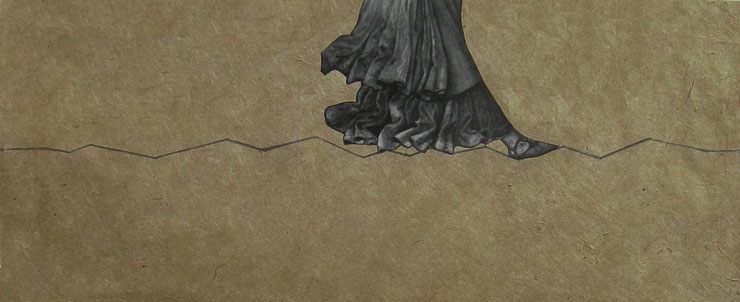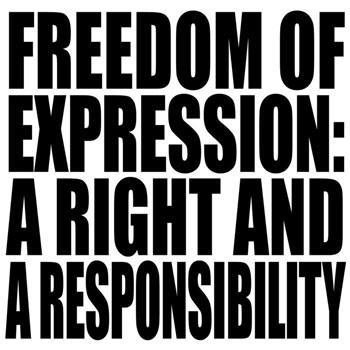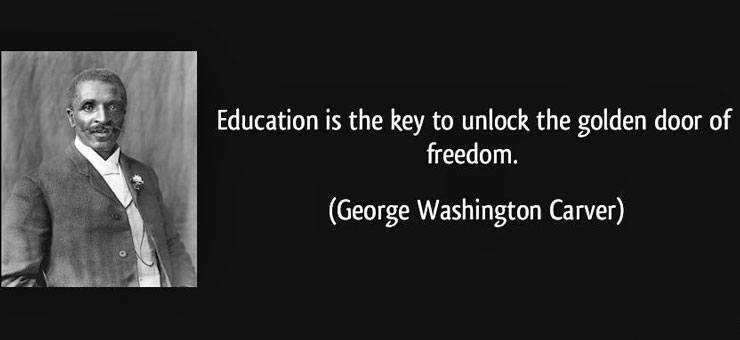
As I embark to teach and learn this new term, I know that I tell the students I am to work with on the first day we meet inside the four walls of our classroom that there are two things we must always remember, particularly while in class.
One is that a lot of us, if not all, who now share access to an ancient knowledge transmitted by university students and educators come from historical heritages of ancestors that were excluded from opportunities like the one we are to freely experience: children, elders, men, youth, women, etc. Yes, just forty years ago, young women were not admitted into many colleges and universities. And during the earliest years of U.S. history, African Americans were prohibited from learning to read or write on penalty of death; part of efforts designed to ensure submission while enslaved. We must acknowledge this.
The other is that in our world – still to this day – many remain who do not have, for various reasons, welcomed access to the possibility of being in such a space of learning, writing and speaking up. For example, current studies show  that lesbian, gay, and bisexual students experience high rates of discrimination and harassment on campus; that classroom environment has an impact on students’ coming-out experiences; and that developing an individual sexual identity is often linked to becoming politically active in support of gender and sexuality issues.
that lesbian, gay, and bisexual students experience high rates of discrimination and harassment on campus; that classroom environment has an impact on students’ coming-out experiences; and that developing an individual sexual identity is often linked to becoming politically active in support of gender and sexuality issues.
Think about this, I will think out loud while in our classroom: have you not ever felt weird when having a full plate in front of you, remembering that others don’t have much to eat? That weird feeling is called consciousness, which implies empathy with other human beings, appreciating and not taking for granted something that others, so many others, don’t have and didn’t have:
“Despite the risks, the Quaker community, other abolitionists, and educated slaves remained committed to educating more African Americans by secretly offering them tutoring and instruction.”
Keep this in mind when we have in front of us – within the four walls of our classroom – the opportunity to learn and to freely and safely express ourselves.

Am says
If you stand for nothing- you risk falling for anything.
Well done professor Ortega
Robert Gumbs says
This paper is outstanding. We need to fight for the necessary resources to educate the people of this country. That is the only way to break the chain of ignorance that some parts of the establishment wish to keep Working Class people manacled to. There should Education in this country from Cradle to the Grave, and anyone in Public Life that would oppose that is saying that they fear an educated Electorate; and rightfully so. An educated public would never stand for the manipulation of the nation’s wealth so that the wealthy get wealthier and the Middle Class become extinct!
Robert G.
theconcernedforum
Adrian Tawfik says
Great work Aydasara!
kathleen deyo says
Loneliness and feeling different hamper our ability to be in the moment and find peace within ourselves and within our community. Thanks for this thought provoking article.
Zel says
Beautiful professor!